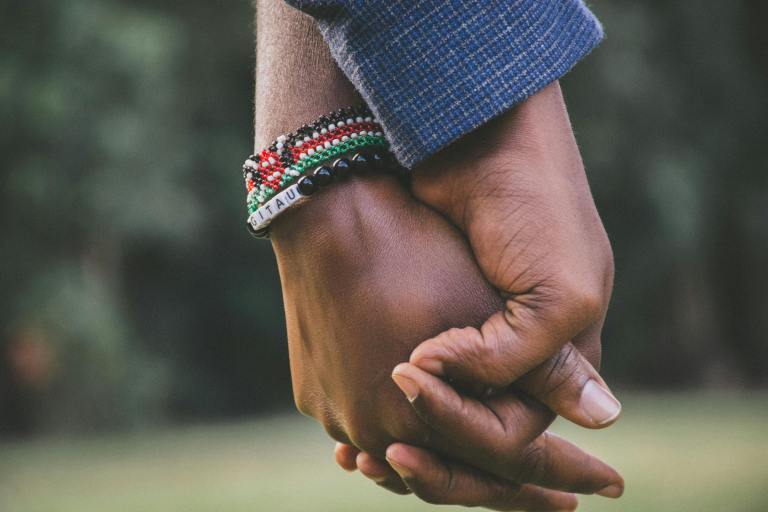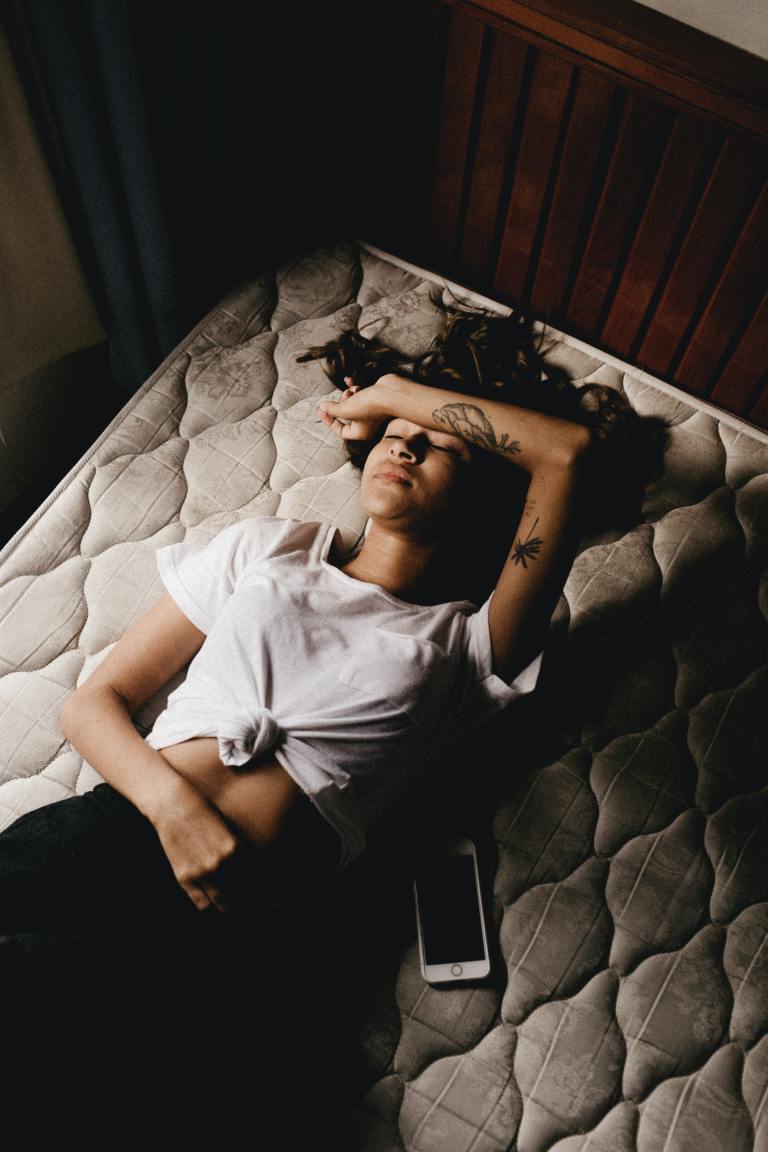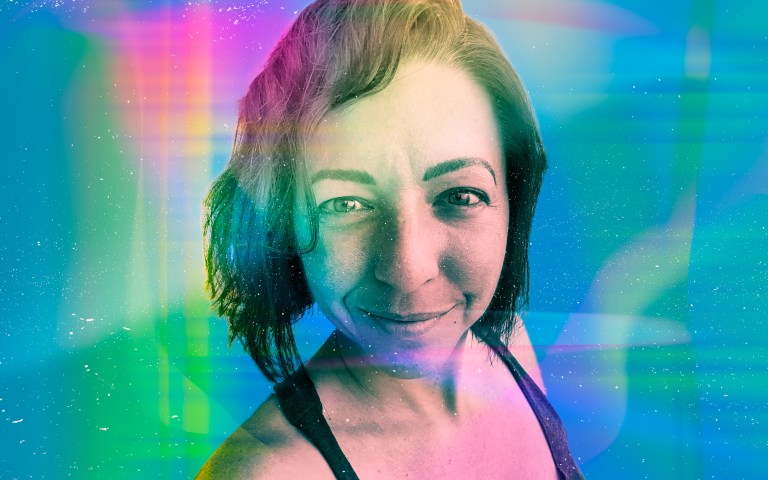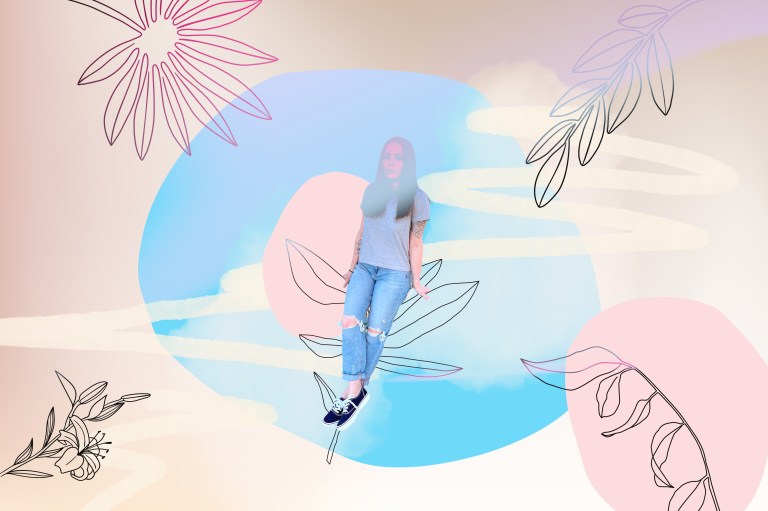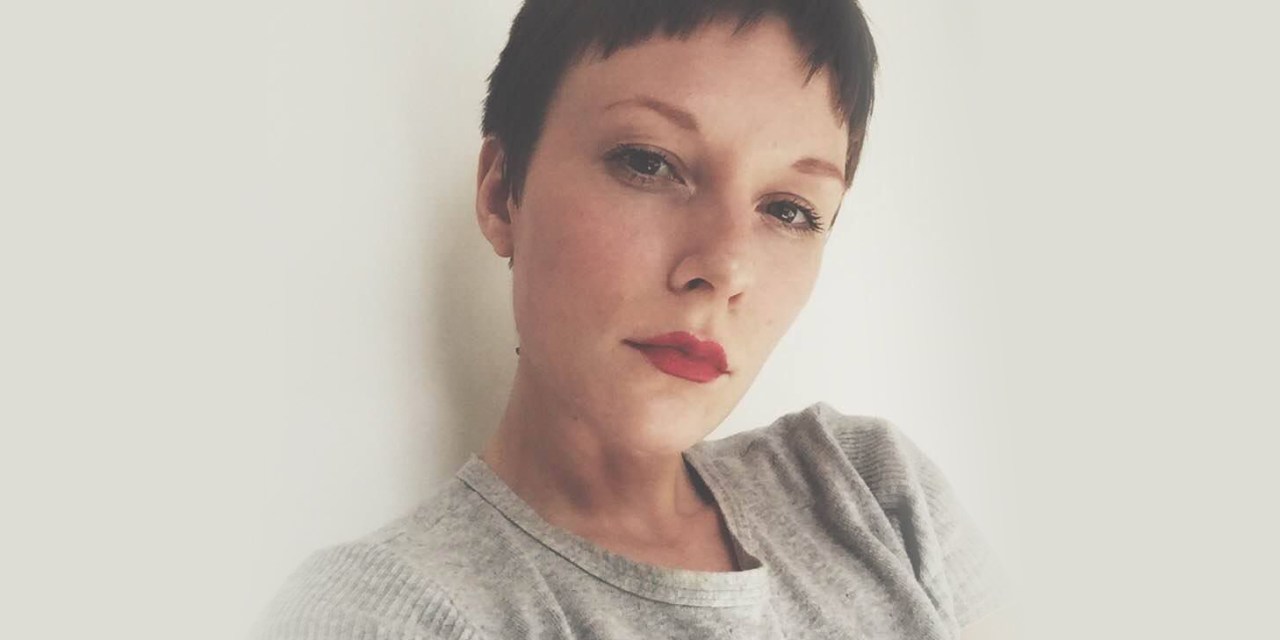
Living Well With Endometriosis: A Q&A With This EndoLife’s Jessica Duffin On What She’s Learned
When she realized how little information was available for holistic or alternative methods of treating Endometriosis, London-based writer and podcaster Jessica Duffin decided to make a media brand of her own.
Today, Duffin runs This EndoLife, a blog and podcast that helps others live well with Endometriosis. She is currently hosting coaching workshops and retreats, and writing her first cookbook, specifically for those with Endo. Duffin is training to be an Integrative Women’s Health Coach as well.
We caught up with Duffin to talk about her diagnosis, what she’s learned from running her podcast, and what advice she’d give to young women with a recent diagnosis.
Thought Catalog: When did your journey with Endo begin? What were your first symptoms?
Jessica Duffin: I feel like it’s all a bit of a mystery to be honest!
I didn’t get any pain until I was at least around 19 or 20, which was also accompanied by extremely painful sex. The pain didn’t creep up, it just came out of no where and kicked in at maximum strength. The pain I had with my period was sickening, it wiped me out for at least two days and I spent those days like a zombie, dosed up on too much codeine and without a second of sleep. I used to beg my then boyfriend to punch my stomach, as I was desperate for a distraction from the pain.
But I began have symptoms like bloating, extreme fatigue and brain fog from a very young age; I’d say about 11. The bloating caused an 11 year eating disorder, because at that age, I thought it was just fat and I had a family member tell me “Ladies hold in their stomachs.” The fatigue and brain fog seemed to cause a constant cycle of burn out and exhaustion throughout my education and is something I still struggle with today.
I also had odd symptoms like insomnia, night sweats, migraines, dizziness, nausea, poor immune health, inflammatory skin conditions and digestive issues. Whilst some official organizations won’t label these as direct symptoms, some of them are related symptoms of hormonal imbalances like estrogen dominance, chronic inflammation and gut issues like SIBO, which is common in the endometriosis community. I know so many people with endometriosis who share these symptoms too.
TC: What’s your prognosis been like? What treatments have worked for you, which haven’t?
Unfortunately, both times I’ve had surgery; the surgeons haven’t done excision (despite the second surgeon being specialized in this and saying he would) which means that some endometriosis cells were left behind. Because my endometriosis seems to be so symptomatic, the second surgery made no difference whatsoever and the relief from the first lasted only about 18 months or so. As a result, the consultant suggested inducing the menopause, hormonal medication and daily painkillers that would result in me being drowsy pretty much all the time.
Whilst I totally respect everyone’s decision around their treatment and that might have worked for others, it didn’t work for me. Hormonal medication in the past had affected my mental health so dramatically that my life was at risk and I didn’t want to put my body through the menopause, swapping my Endo symptoms for new ones, when my endometriosis growths were small and slow. It wasn’t like we were desperately trying to slow down an aggressive form of Endo, which was all over my organs. The doctors quite clearly said they didn’t know what else to do for me, and these were the last options. That didn’t feel right to me. A 26 year old woman going through menopause because the doctors didn’t know what else to do? I wanted to try some other approaches before I resorted to what seemed, to me, like drastic treatment.
That’s when I started experimenting with nutrition. In the beginning, it was an anti-inflammatory diet, but I also now eat to help balance my hormones. The difference was clear from my very next period. I had almost zero pain. It felt like nothing short of a miracle.
Since then, I’ve been developing my personal approach to nutrition for endometriosis and use different forms of pain management and stress reduction (to help keep pain down), like yoga and mindfulness. I also take supplements, like the Endo Complex, and have some go-to tools that help me if my pain does ever creep in, like BeYou Period Patches (which are simply patches soaked in essential oils) and magnesium sprays and rubs.
TC: What inspired you to start a brand and podcast based on inspiring others struggling with Endo?
It’s funny, I remember the moment. I’d found some tiny crumbs of information on alternative therapies and nutrition for endometriosis on the Internet, which finally led me to discover a book on the subject (and of course, begin my own journey with diet). I was doing some research, and reading another story about a young girl and the medical treatment she was undergoing and how it wasn’t really working, and the steps were just getting more and more drastic. I was just getting so angry that this information on other approaches wasn’t more easily available to her and others in the community. I had gone from excruciating pain to practically no pain at all, and I just wanted others to have the chance to see if they could experience similar or at least some relief too.
I just couldn’t stand the thought that others were struggling like I had and had no idea that there were some things they could try that just might help them, even a little bit. I felt like it was a disservice to the community. I found it outrageous, really. I’ve always been a really creative person, and I’ve always written, so starting a blog made total sense to me. Endometriosis took away a lot of my creativity; I had to leave a magazine I started when I was younger because of Endo, so in a way this was an opportunity for me to rekindle my creativity and do some good in the world.
TC: What have you learned so far from running that podcast? What insight have others given you?
Oh wow! Where to start? Loads.
I guess the most standout thing is that we need to work on making this community more inclusive – for trans men, non-binary people and people of color. There isn’t a lot of representation for these groups and whilst we’re all well-meaning, sometimes our language doesn’t speak to everyone and we need to be aware of that.
I’ve also learned that everyone’s approach and path to feeling better is different, and we all respond differently to treatment. This really isn’t about judging others for the path they chose, but arming everyone with all the tools they need to make an empowered choice that feels right.
I think something that has really changed my life, is learning how to utilize the different phases of our cycle. This approach has gotten a lot of push back lately, especially from those of us with painful periods, but I have adjusted the approach to work for me with Endo and it has made my life so much easier. I also feel a lot less crazy now I understand the patterns of my cycle.
TC: What’s the most important thing any young woman with Endo should know?
I guess I would want them to know that there are options. Actually yes, that’s definitely what I want them to know – that’s the whole point of This EndoLife! I’d want them to know that it’s not hopeless.
Just because there’s currently no cure, doesn’t mean Endometriosis isn’t curable full stop – one day, let’s hope, there will be one. Just because there isn’t one at present, doesn’t mean you are doomed to a lifetime of suffering. There are various things you can try, maybe not all of them will work, but maybe some of them might reduce your pain a little (or a lot!) or maybe they’ll ease the anxiety you experience, or maybe they’ll bring some joy back into your life when it feels the hardest.
There really is so much I’d want to say to them, but let’s start there – with hope.
